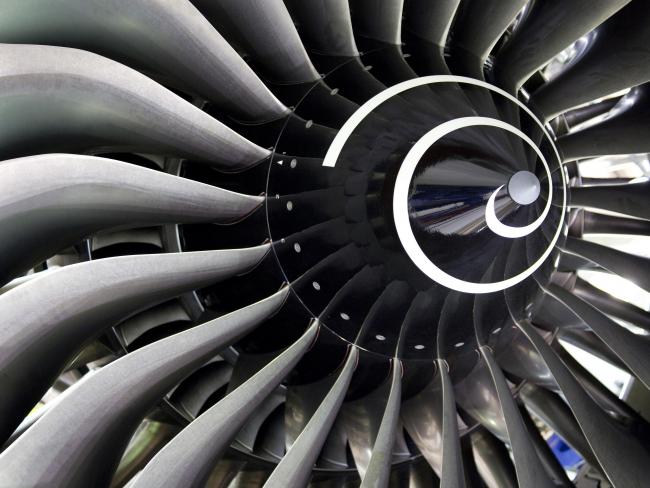18 December 2024

Rolls-Royce Trent aero engine, produced in Derby. Reproduced with permission of Rolls-Royce plc © Rolls-Royce plc 2013
Rolls-Royce engineering workers have eventually settled their pay in a multi-year agreement. The aerospace industry has often led the way with pay levels in the past. But this may not be the case now, with employers exploiting fragmentation of the industry through outsourcing and the use of contractors.
Another year of protracted negotiation by unions Unite and GMB with Rolls-Royce plc ended with all four bargaining groups settling. The Birmingham Solihull site narrowly accepted a revised local deal that included further talks on grade progression and in grade pay increases.
Threat
This came after a threat to hold a ballot for industrial action that would have seen engine production lines at Derby at a standstill.
The three year deal, similar to that agreed in other aerospace companies in the West Midlands such as Parker Meggitt and Collins Aerospace, generally means that workers failed to secure a rise that covers inflation for 2024.
Skills shortage
But they should be covered for 2025 and 2026, assuming inflation does not soar. With a continued skills shortage in the engineering sector, companies have been keen to limit industrial relations tensions.
‘Some workers were clear this was still a pay cut with inflation of over 10 per cent.’
The deal was accepted by 57 per cent of the membership on a 91 per cent turn out. It provides for staged rises for 2024 (4.5 per cent, then an extra 0.5 per cent from October) and 2025 (2.75 per cent and a further 2.75 per cent from October). The increase in 2026 will be matched to RPI.
These multi-year deals, with figures ranging from 9 to 13 per cent, are not always seen as a positive step for the sector. Some workers made their opinion clear that this was still a pay cut when inflation of over 10 per cent was taken into account.
Affordable
The argument was that a higher offer was affordable as the financial position of Rolls-Royce continued to improve through 2023 and 2024. Underlying operating profit increased by £0.9 billion to £1.6 billion and the operating margin more than doubled to 10.3 per cent. Throughout negotiations, the company had resisted union claims on the affordability of higher pay.
In November, workers at US aerospace giant Boeing won a significant increase after striking, against the background of difficulties for the company. But the whole sector may still see more difficult times ahead as it struggles to meet orders for more efficient aircraft to meet the demands of net zero.
